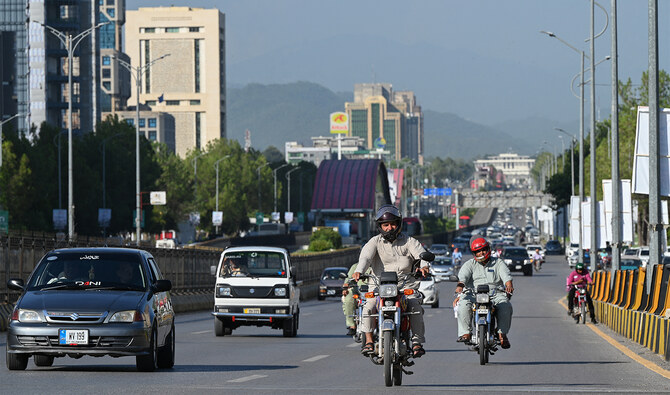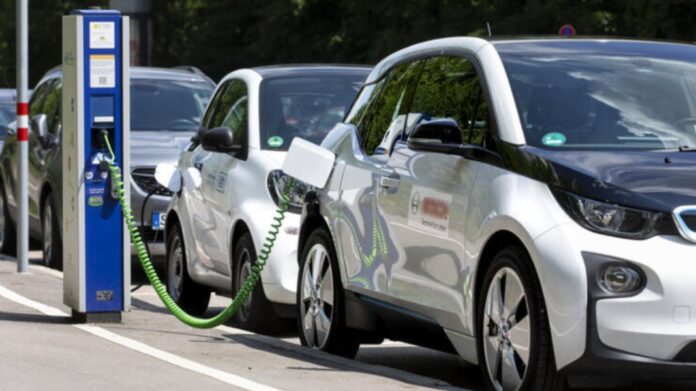Pakistan has revealed an ambitious plan to transform its transportation landscape, aiming to convert 30% of all vehicles to electric power by 2030. The initiative was announced by Privatization Minister Abdul Aleem Khan. It highlights the government’s commitment to combating air pollution and mitigating climate change effects.
The source of this transition is Pakistan’s New Energy Vehicle (NEV) policy. It outlines strategies to increase the adoption of electric vehicles (EVs) for both imported and locally manufactured cars. With hybrid vehicle sales already doubling in the past year, the nation is poised for a significant shift in its automotive sector.
Key Measures and Incentives
To encourage adoption, the government has rolled out several incentives under the NEV policy. Subsidies worth Rs50,000 for electric motorcycles and Rs200,000 for electric three-wheelers like rickshaws are among the highlights. Summing up to a total allocation of Rs4 billion. Financing options include a reduced policy rate of 15% and a 3% Karachi Interbank Offered Rate (KIBOR). Thus, making monthly instalments as low as Rs9,000, which could be offset by fuel savings.

A Credit Loss Guarantee program managed by the Finance Division further reduces risks for consumers and manufacturers alike. To encourage local production, duties on EV components are being reduced, paving the way for more affordable vehicles.
Read More: Tips To Buying Your First Classic Car
Boosting Infrastructure
Charging infrastructure is a critical focus, with standards for EV charging stations already drafted by the power ministry. Global EV leader BYD Group, which recently entered the Pakistani market, is partnering with local oil marketing companies to establish a network of 20 to 30 charging stations in its initial phase.
BYD, backed by Warren Buffett, has teamed up with Pakistan’s Mega Motors to introduce a range of fully assembled EVs. Other companies, such as Dewan Motors, are exploring assembly under completely knocked-down (CKD) licenses. This shift could reduce import costs and stimulate local manufacturing.

Towards a Greener Future
The government’s efforts extend beyond vehicles. Free electric bikes or scooters will be distributed to high-achieving students, and a New Energy Fund is being established to support ongoing initiatives.
Pakistan’s EV strategy is a promising leap toward a sustainable future, offering economic and environmental benefits while aligning with global green energy targets. As the nation ramps up its efforts, the road to 2030 could mark a transformative era for Pakistan’s automotive industry and its fight against climate change.
Stay tuned to Brandsynario for the latest news and updates








































